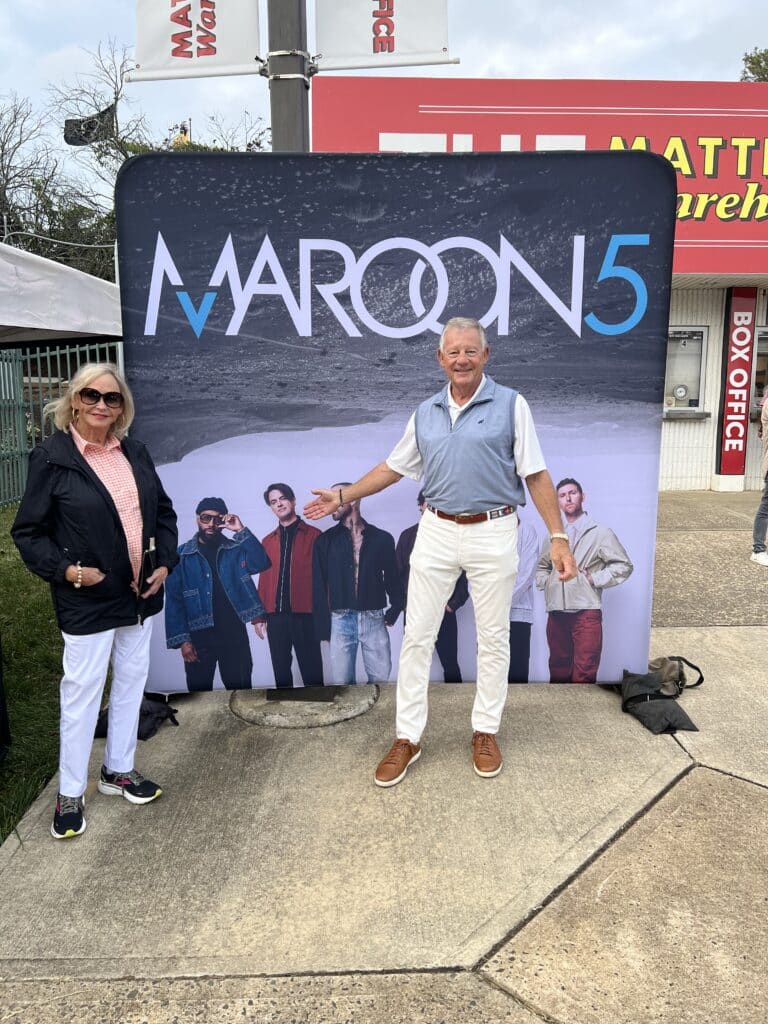From Vision to Reality: Charles Eitel's Strategies for Fostering Continuous Improvement
From Vision to Reality: Charles Eitel's Strategies for Fostering Continuous Improvement
Blog Article

In today's fast-paced company environment, companies are continually seeking methods to enhance their efficiency and remain in front of the competition. Among the utmost effective ways to do this is by cultivating a culture of continuous improvement. Charles Eitel, a well-known chief and innovator in business strategy, offers valuable ideas into how agencies may construct and maintain this kind of culture. Drawing on his considerable knowledge, Eitel supplies a roadmap for establishing constant development into the material of an organization.
In the middle of Eitel's method is the concept that constant improvement is not a one-time project but a essential change in mindset. To add that principle inside an organization, leaders should first foster an environment where innovation and feedback are positively encouraged. Eitel highlights the importance of making a secure room for personnel to fairly share some ideas and test out new approaches. This requires going away from a punitive culture towards the one that prices understanding and growth. In so doing, businesses may utilize the collective imagination and problem-solving features of these teams.
Yet another key element in Eitel's technique may be the alignment of constant development with the organization's core prices and goals. Eitel advocates for integrating development initiatives to the everyday operations and decision-making processes. This implies setting distinct, measurable objectives that align with the general vision of the organization. For instance, rather than applying universal improvement applications, Eitel implies tailoring initiatives to handle unique problems and opportunities special to the organization. This targeted approach assures that improvements are applicable and impactful.
Eitel also features the role of management in operating constant improvement. Leaders mustn't just champion the cause but additionally model the behaviors they need to see. This requires showing a responsibility to ongoing understanding and self-improvement. By leading by example, leaders can motivate their teams to follow an identical mindset. More over, Eitel stresses the significance of realizing and celebrating successes over the way. Acknowledging and satisfying step-by-step achievements helps to build momentum and strengthen the worthiness of continuous improvement.
Along with fostering a encouraging tradition and aligning improvement efforts with organizational objectives, Eitel underscores the requirement for successful communication. Clear transmission channels help guarantee that most staff people are knowledgeable in regards to the objectives, development, and affect of improvement initiatives. Normal changes and open debate aid effort and hold everybody else employed in the process.
Eventually, Eitel advises agencies to power data and analytics to operate a vehicle continuous improvement. By thoroughly tracking performance metrics and examining outcomes, organizations can recognize trends, calculate progress, and make informed decisions. Data-driven ideas permit organizations to refine their strategies and emphasis their efforts on areas with the best potential for impact.
To conclude, Charles Eitel Naples fl's method of creating a lifestyle of constant improvement revolves about fostering an setting of creativity, aiming initiatives with key goals, primary by case, maintaining open communication, and leveraging data. By adopting these rules, businesses can produce a dynamic and resilient lifestyle that not only pushes development but also adapts to the ever-changing landscape of business.
Report this page